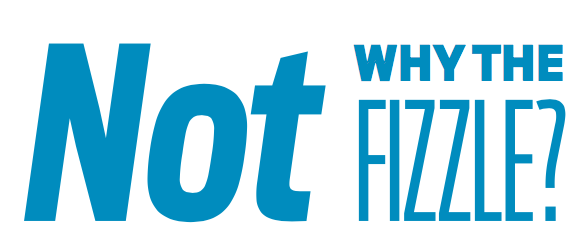The Department of Veterans Affairs can now back loans that exceed the conforming loan limit, as a bill eliminating this cap was recently signed into law. The Blue Water Navy Vietnam Veterans Act allows homebuyers to borrow above the 2019 limit of limit of $484,350 for most counties without any down payment. The move comes after a decades-long fight for veterans to receive health care benefits for diseases related to Agent Orange exposure. The bill will “fast-track disability compensation” for as many as 90,000 affected former service members.
Paying mortgages
American homeowners are doing a fine job keeping up with their mortgage payments, a strong sign of a healthy, functioning economy. The latest report from the Office of the Comptroller of the Currency showed an improvement in the performance of first-lien mortgages in the federal banking system during the first quarter of 2019. According to the report, 96.2% of these mortgages were current and performing at the end of the first quarter – up from 95.8% a year earlier. Servicers also issued far fewer foreclosures last quarter than they did a year ago.
Remodeling in these cities
Remodeling activity across the nation has slowed in the last year, but some cities bucked the trend and posted gains despite the nationwide housing slowdown. According to the latest data from BuildFax, remodeling activity increased in May in five of the top 10 metropolitan statistical areas – Philadelphia, Chicago, Los Angeles, Miami and Washington, D.C. Philadelphia and Chicago rose 15.2% and 5.06% . Remodeling also grew a modest 1.57% in Los Angeles, 0.39% in Miami and 0.25% in Washington, D.C., according to BuildFax.
Big banks are not as profitable as their independent competitors when it comes to the retail residential mortgage business, according to STRATMOR Group. Specifically, large banks lost $4,803 per retail mortgage loan in 2018. By comparison, large independent lenders earned on average of $376 per loan, according to STRATMOR, which said it uncovered the depth of the disparity. According to the group, meetings with lenders highlighted that large banks were suffering from low revenues and high expenses, and that the “trend lines that are moving in the wrong direction.”
Affordable housing
The fastest-growing cities in the U.S. have seen their stock of affordable housing decline substantially from 2010 to 2017, according to Freddie Mac, highlighting a strong correlation in population growth and affordability loss. The fastest-growing cities have seen their population explode by more than 15% in recent years, and this influx of residents is chipping away at low-income housing options. The national average population growth is 5.3%, and in the top 50 metros across the country, the percentage of very low-income housing has fallen 16.5% from 2010 to 2017.
HUD policies for DACA residents
A number of prominent Senate Democrats want the Department of Housing and Urban Development to reverse its new policy of the Federal Housing Administration refusing to back mortgages for Deferred Action for Childhood Arrivals recipients. The Senators want to make sure that other government-backed loans are available to DACA recipients. Democrats introduced the “Homeownership for Dreamers Act,” to ensure that Dreamers cannot be denied a mortgage backed by the FHA, the GSEs, or the Department of Agriculture based on their immigration status.







